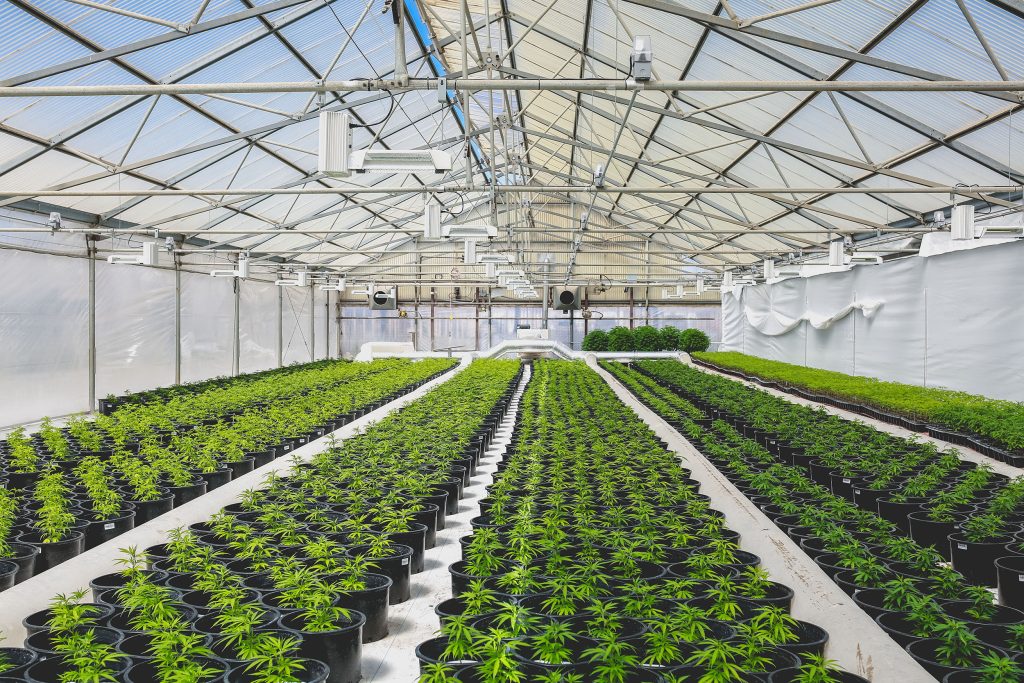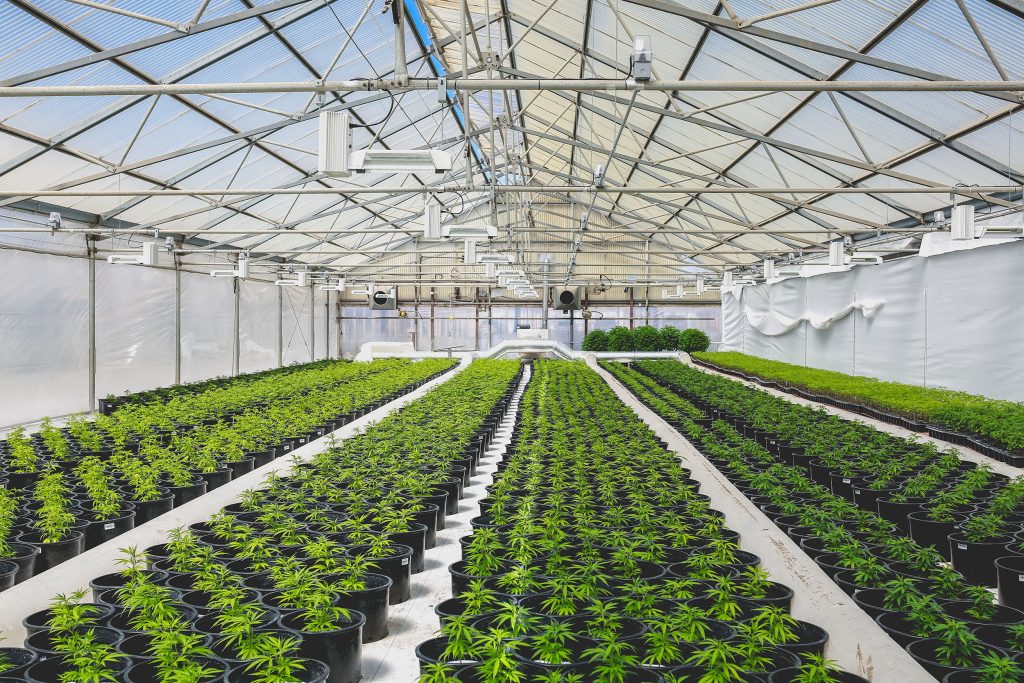
Corporate Cannabis The Hidden Cost
The rapid expansion of the corporate cannabis sector has markedly transformed the landscape of cannabis cultivation and sales, challenging the traditional, artisanal nature of the industry. In the wake of legalization in various jurisdictions, the allure of the burgeoning cannabis market attracted significant corporate interest, leading to an influx of investment from large-scale companies and investors. This influx has catalyzed a shift towards industrialized agriculture techniques, centralized production facilities, and a focus on scalability and market dominance. As a result, the once-diverse and locally focused cannabis industry, characterized by small-scale growers passionate about plant quality and community engagement, has found itself increasingly overshadowed by corporate entities. These entities often prioritize efficiency, consistency, and profit margins over the nuanced qualities of the cannabis plant and the well-being of their workforce. This shift not only threatens the diversity of cannabis strains cultivated through generations of knowledge but also risks diluting the rich cultural and social ethos that has been a hallmark of the cannabis community. The emergence of corporate cannabis signifies a pivotal moment in the industry’s evolution, raising questions about the future of quality, sustainability, and community values in the face of relentless commercialization.
While the involvement of corporate entities in the cannabis industry has undeniably facilitated market expansion and accessibility, this development comes with significant caveats that merit close scrutiny. The aggressive push for market share and profitability by these corporations has introduced a set of dynamics that potentially erode the foundational qualities of the cannabis industry. On one hand, the drive towards maximizing production efficiencies and standardizing product offerings to appeal to a broader market has led to concerns over the decline in the quality of cannabis products. Techniques geared towards mass production can compromise the plant’s genetic diversity, potency, and overall integrity, sidelining artisanal cultivation methods that prioritize quality and therapeutic value. On the other hand, the corporate model’s impact on the industry’s workforce is equally troubling. As these entities streamline operations to cut costs and boost profits, the repercussions for employees—ranging from reduced wages and benefits to lessened job security and workplace satisfaction—become increasingly pronounced. Moreover, the shift towards a corporate ethos can significantly affect morale, particularly among those who entered the industry driven by a passion for cannabis and a commitment to its community-oriented roots. This juxtaposition of corporate expansion against declining product quality and employee well-being highlights a complex challenge at the heart of the modern cannabis industry, prompting a reevaluation of its direction and values.
Decline in Corporate Cannabis Quality
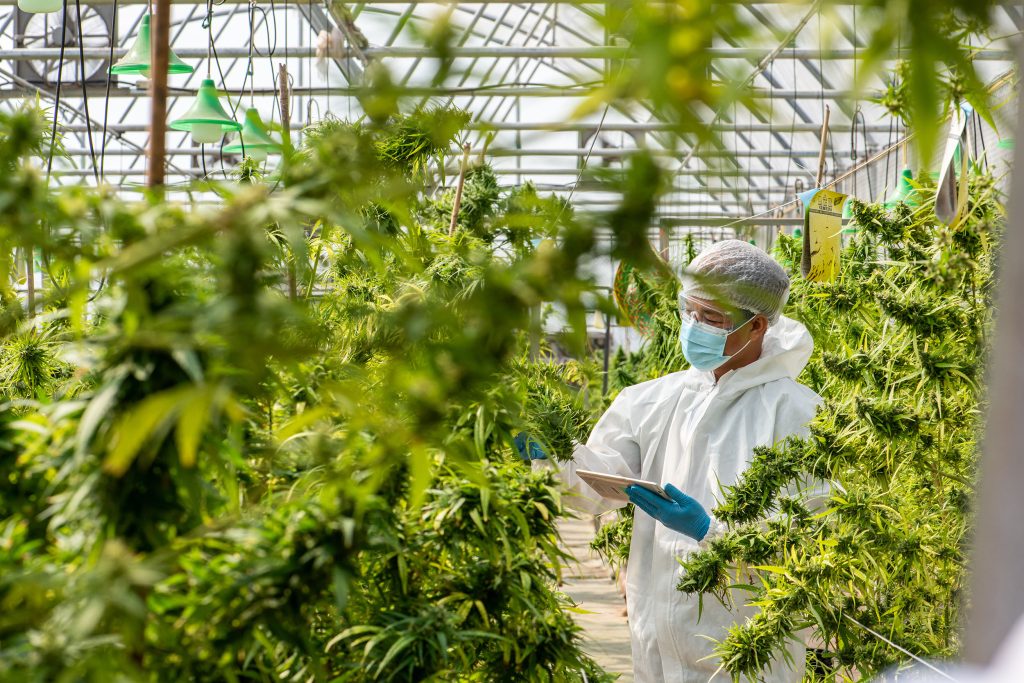
Corporate cannabis entities, in their pursuit of profit maximization, have increasingly adopted mass production techniques that risk compromising the quality of cannabis, manifesting in several concerning trends. The drive for efficiency and scalability has led to genetic homogenization, where a limited selection of strains are cultivated for their commercial viability—high yield and uniformity—rather than their unique qualities or medicinal benefits. This approach significantly narrows the genetic pool, leading to reduced cannabinoid diversity which is essential for the full spectrum of therapeutic effects cannabis can offer. Moreover, the reliance on pesticides and chemical fertilizers, a common practice in large-scale agricultural operations, further exacerbates these issues. While these substances can increase crop yields and reduce losses due to pests and diseases, they can also introduce harmful residues into the final product and negatively impact the environment. Such practices starkly contrast with the more sustainable, quality-focused approaches traditionally employed by smaller, artisanal growers. As corporate cannabis prioritizes scale and profit, the nuanced art of cannabis cultivation that values genetic diversity, plant health, and eco-friendly methods is increasingly sidelined, raising concerns about the long-term implications for both the industry and consumers.
Contrary to the practices of corporate cannabis, small-scale growers have historically embraced an artisanal approach, deeply valuing the cultivation of diverse, high-quality cannabis strains through sustainable practices. This method is rooted in a profound respect for the plant’s complexity and the ecosystem in which it grows. Artisan growers prioritize the preservation and development of a wide array of strains, celebrating the rich genetic diversity that cannabis naturally offers. Such diversity ensures a broad spectrum of cannabinoids and terpenes, catering to varied consumer needs and preferences, from medicinal benefits to unique sensory experiences. Unlike the efficiency-driven model of corporate cannabis, which often relies on chemical inputs to boost production, artisanal cultivators employ organic farming techniques, such as natural pest management and the use of compost, to maintain soil health and plant vitality. This not only results in a superior product but also aligns with ethical and environmental stewardship principles. The artisanal approach underscores a commitment to quality over quantity, where the cultivation process respects the natural lifecycle of the plant and fosters a sustainable relationship with the land, starkly contrasting with the profit-first mentality seen in corporate cannabis operations.
Corporate Cannabis Impact on Employee Wages & Working Conditions
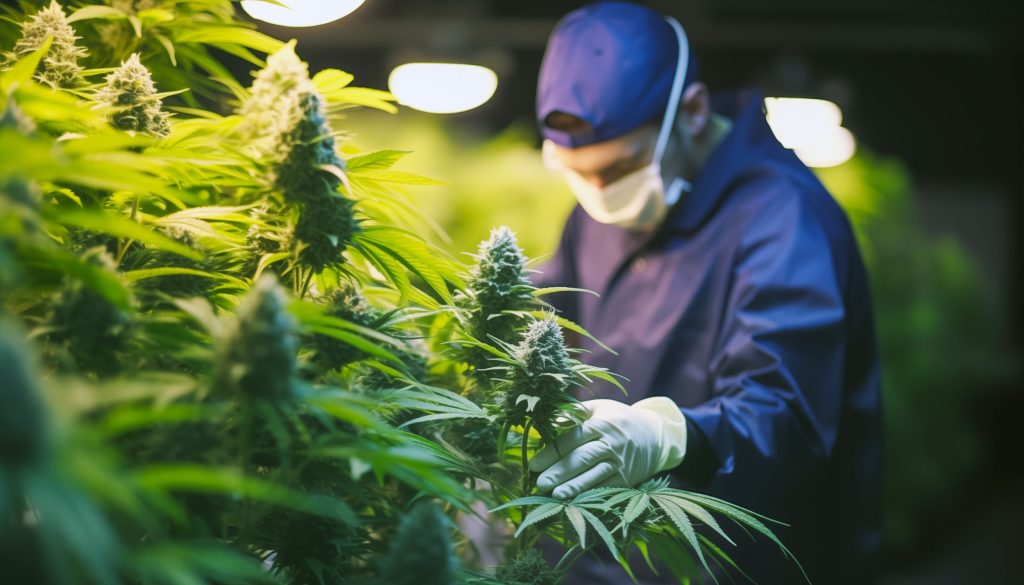
Corporate cannabis, with its overarching focus on efficiency and profitability, has profound implications for wages and working conditions within the cannabis industry. This model often prioritizes cost-cutting measures that can lead to lower wages, reduced benefits, and diminished job security for employees, starkly contrasting the more community-oriented ethos of smaller cannabis businesses. Evidence from various case studies and reports highlights a trend where workers at large cannabis companies face more precarious employment conditions. For instance, some reports have illuminated how corporate cannabis operations, in their pursuit of streamlined productivity, resort to minimizing labor costs by offering wages that barely meet industry standards, coupled with minimal benefits packages. This approach not only undermines workers’ financial stability but also affects their overall well-being and job satisfaction. Furthermore, there has been a noticeable uptick in labor disputes and unionization efforts within these companies, as employees seek to combat these trends and advocate for better pay, improved working conditions, and greater job security. Such movements underscore the growing dissatisfaction among workers in the face of corporate practices that seem to devalue their contribution to the industry. These dynamics reveal a critical tension between the profit-driven motives of corporate cannabis and the need for fair labor practices that support the workforce underpinning this booming industry.
Corporate Cannabis Morale and Ethical Considerations
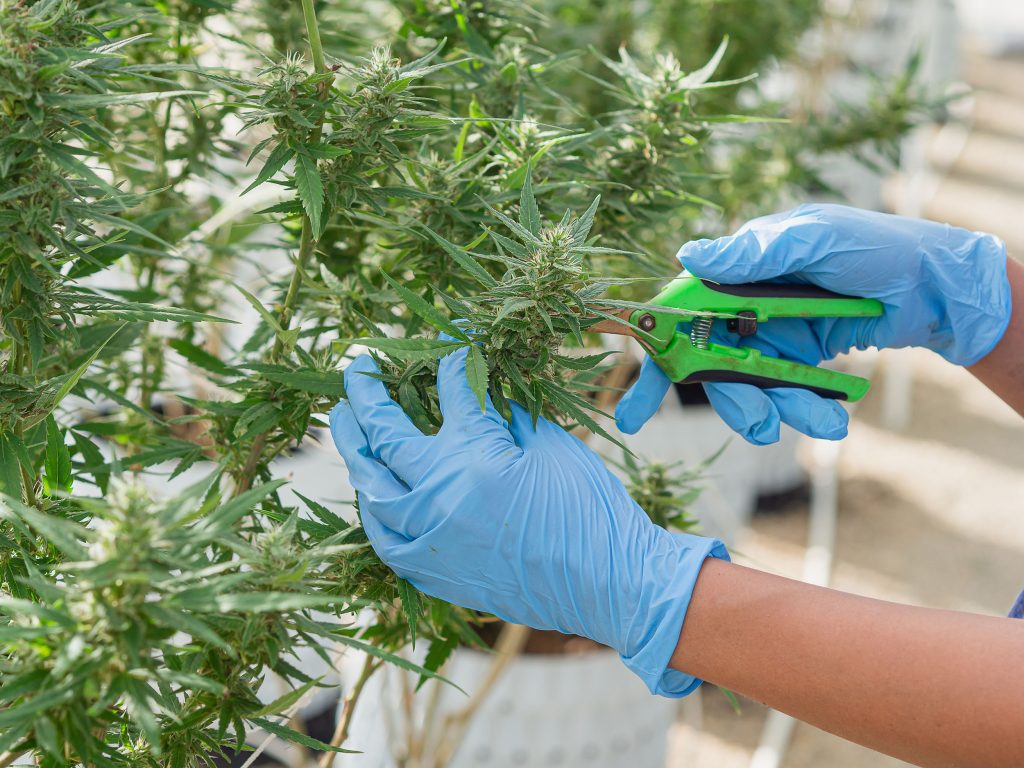
The transition from a community-focused culture to a profit-driven environment within corporate cannabis settings has profound implications for employee morale, significantly impacting worker satisfaction and raising ethical considerations. This shift often alienates those who were initially drawn to the cannabis industry by its potential for positive social impact, including the medicinal benefits of the plant and the drive for social justice reforms related to cannabis legislation. Employees who once felt a strong sense of purpose and commitment to these ideals may find themselves disillusioned in corporate settings, where the primary focus is on financial performance rather than the broader values that define the cannabis community.
This disillusionment can lead to a palpable loss of passion among employees, who may feel that their work no longer aligns with their personal values or the reasons they were attracted to the industry in the first place. The corporate emphasis on maximizing profits often sidelines discussions about the plant’s therapeutic potential, its role in holistic wellness, or its importance in rectifying historical injustices associated with cannabis prohibition. Such an environment can stifle creativity and reduce the sense of camaraderie and shared mission that typically thrives in smaller, more community-oriented businesses.
Moreover, the profit-driven approach may prompt ethical dilemmas for employees, particularly when corporate strategies or practices conflict with their beliefs about sustainable cultivation, fair trade, or equitable access to cannabis products. As a result, workers might struggle with a sense of complicity in practices they deem harmful to the environment, consumers, or marginalized communities. This ethical tension contributes to a decline in morale, as employees grapple with the realities of working within the constraints of a corporate system that often prioritizes efficiency and profitability over the holistic values many believe should guide the cannabis industry.
Labor Struggles in Corporate Cannabis
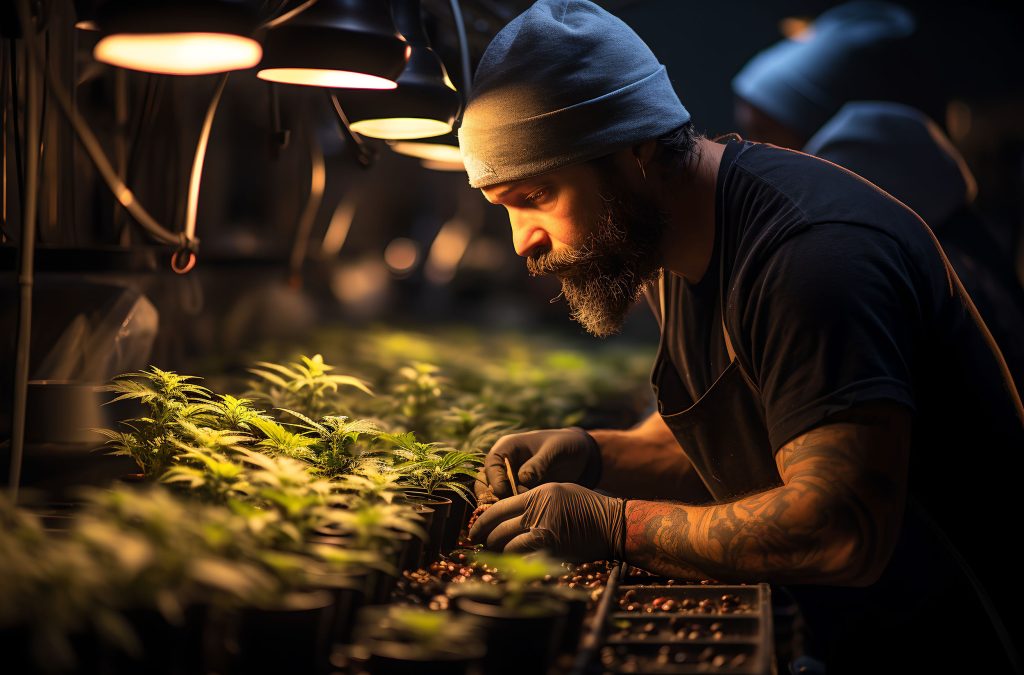
Corporate cannabis, in its quest for market dominance and profitability, has significantly impacted the quality of cannabis products, employee wages, and overall morale within the industry. The shift towards mass production techniques has raised concerns about genetic homogenization, reduced cannabinoid diversity, and an increased reliance on chemical inputs, potentially compromising the quality and safety of cannabis products. Additionally, the corporate focus on efficiency and cost-cutting often results in lower wages, fewer benefits, and less job security for employees, contributing to a decline in worker satisfaction and morale. This environment also risks diminishing the passion and commitment of those who entered the industry motivated by its potential for social and medicinal impact, as they find themselves caught in a profit-driven corporate machine.
The challenges posed by corporate cannabis underscore the importance of striking a balance between growth and sustainability, profit and ethics. To address these issues, the industry and regulators must work together to implement policies and practices that support fair labor standards, ensure product quality, and preserve the diversity and integrity of cannabis genetics. Encouraging sustainable cultivation practices, supporting small-scale growers through favorable regulations, and fostering a corporate culture that values social responsibility alongside profitability are crucial steps towards ensuring a healthy, equitable future for the cannabis industry. By prioritizing these values, the cannabis industry can evolve in a manner that benefits all stakeholders, from employees and consumers to the broader communities it serves.
Steering Corporate Cannabis Towards Ethical Practices

As corporate cannabis continues to shape the landscape of the industry, it is crucial for consumers, industry stakeholders, and policymakers to actively support ethical practices, sustainable growth, and high-quality standards. Consumers can play a significant role by consciously choosing products from companies that prioritize environmental sustainability, fair labor practices, and product integrity. By demanding transparency regarding cultivation methods, pesticide use, and labor conditions, consumers can drive market trends towards more ethical practices. Industry stakeholders, including corporate cannabis entities, should embrace responsibility beyond profit, investing in sustainable cultivation technologies, supporting small-scale growers through partnerships, and ensuring fair wages and working conditions for all employees. Policymakers, on their part, must craft and enforce regulations that level the playing field for small and large businesses alike, encourage sustainable practices, and protect consumer safety. This includes implementing strict quality control standards, incentivizing organic cultivation methods, and promoting social equity programs to rectify past injustices of cannabis prohibition. Together, these actions can foster a cannabis industry that is not only profitable but also ethical, sustainable, and aligned with the values of its diverse community.
How useful was this post?
Click on a star to rate it!
Average rating 0 / 5. Vote count: 0
No votes so far! Be the first to rate this post.
Author
-

Thom Thatsanaphon is a figure in the cannabis cultivation industry with a rich background spanning over 24 years. His journey began in the legacy market, where he honed his skills and knowledge in cannabis cultivation. Throughout his career in this field, Thom has demonstrated a deep understanding and passion for the art and science of growing cannabis. In recent years, Thom took on the role of Head of Cultivation at a facility based in Illinois. This position allowed him to apply his extensive experience and insights into managing large-scale cannabis cultivation operations. His leadership in this role has been marked by an emphasis on quality, innovation, and sustainable practices, which are crucial in the highly competitive and evolving cannabis industry. Currently, Thom is channeling his expertise into the pursuit of breeding top-tier genetics. This new phase of his career focuses on developing high-quality cannabis strains with superior traits such as potency, aroma, flavor, and medicinal properties. His work in breeding is not just about creating commercially viable strains, but also about pushing the boundaries of cannabis genetics to achieve new levels of excellence. Thom's dedication to the field is not only evident in his professional achievements but also in his commitment to staying abreast of the latest trends, technologies, and scientific advancements in cannabis cultivation and genetics. His deep understanding of the plant, combined with a forward-thinking approach, positions him as a significant influencer and innovator in the cannabis industry.
View all posts

